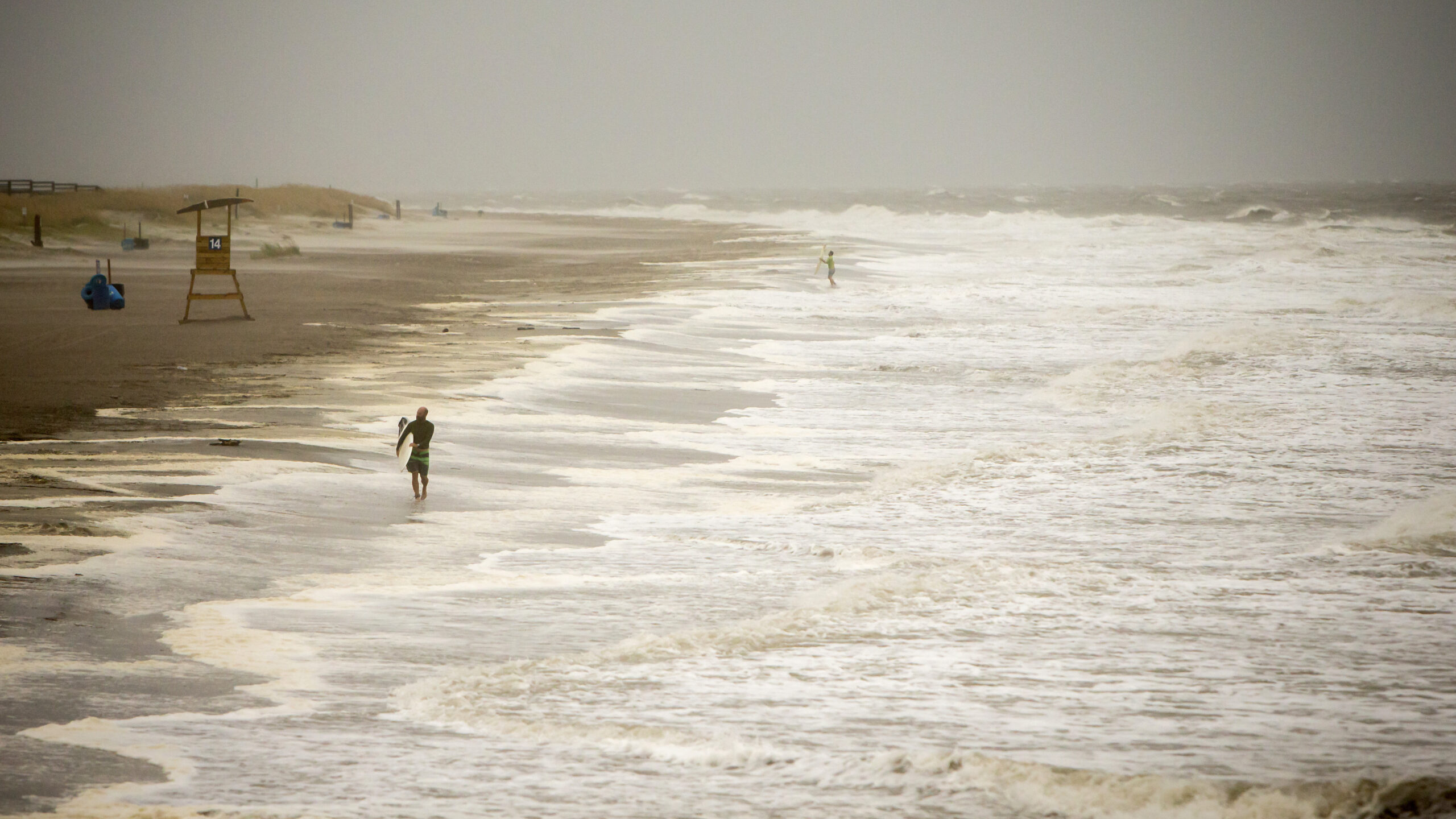Federal Scientists: Climate Change Is Happening, Largely Due To Humans

Stephen B. Morton / Associated Press
Climate change is happening now, and it’s primarily because of human activity, according to federal scientists in a national report released Friday.
The fourth National Climate Assessment looks at current impacts and how they’ll worsen in the future.
Sea level rise, happening for decades, will continue. The authors also expect heavy rainfall to increase, as well as droughts. They predict more heatwaves and more wildfires.
And the report is unequivocal about why it’s happening.
“It is extremely likely that human activities, especially emissions of greenhouse gases, are the dominant cause of the observed warming since the mid-20th century,” contributors to the report write. “For the warming over the last century, there is no convincing alternative explanation supported by the extent of the observational evidence.”
In Georgia, the biggest threats are rising seas, extreme storms and heat waves, said Daniel Rochberg, the chief strategy officer of Emory University’s Climate At Emory Initiative.
“This report really confirms that we’re very much at a place where we’ve got very compelling information about the nature of the problem, the nature of the risk,” he said. “Ideally that puts us in a position to really focus on rolling up our sleeves and getting to work to deal with those risks.”
Federal action on climate change has largely stalled. President Donald Trump decided to withdraw the country from the Paris climate agreement and repeal the Clean Power Plan, Obama’s key climate initiative.
Atlanta Mayor Kasim Reed has pledged to stick with the Paris initiative. The city is also working on a plan to use only clean energy by 2025.
There has been less climate response on a state level, though Georgia does have more solar power installed than most other states.
That sets up a potential benefit for Georgia. Rochberg said a question that’s come up at the Georgia Climate Project, an initiative studying climate impacts and responses, is, “Can clean energy be to Georgia tomorrow essentially what the film industry is to Georgia today?”
“I think that’s a very exciting way to think about how Georgia can contribute to a solution,” Rochberg said.







